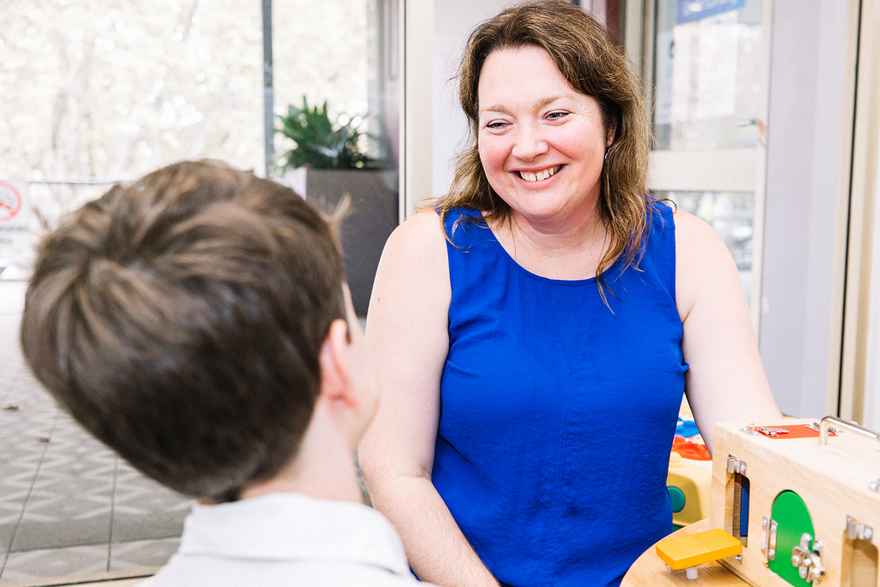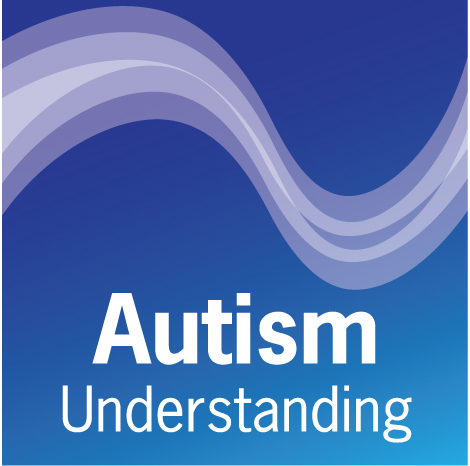Alternatives to CBT for Neurodivergent Clients

Cognitive behavioural therapy (CBT) is a widely promoted psychological treatment, but it may not be suitable for everyone, particularly neurodivergent individuals who may feel invalidated or overwhelmed by its approach.
CBT typically involves homework and requires clients to describe their emotions and thoughts in detail, which can be difficult for some individuals, including those with ADHD, intellectual disabilities, or alexithymia. Instead, a more personalised approach to therapy that focuses on listening to clients' experiences and finding strategies that work for their unique needs and interests may be more effective.
By exploring a neurodivergent client's story and social situations, family, or work struggles, therapists can offer tailored solutions that address their concerns and help them understand and work with their brain style. This approach can foster a better relationship with clients and empower them to build a more fulfilling life.
I know cognitive behavioural therapy is promoted in University psychology degrees, but I have met several neurodivergent clients who are wary of CBT after experiencing ‘not being believed’ by their psychologist. Here’s an example of why:
The psychologist asks the neurodivergent client, “what do you want to work on?”
The neurodivergent client says, “I don’t have any friends.”
The psychologist says, “Surely you must have some friends. What would your mother say if I asked her?”
Client replies, “That I don’t have any friends.”
Client feels invalidated and doesn’t want to engage.
Also, CBT can be ‘homework’ heavy.
For ADHDers, therapy homework is just adding to the executive functioning load and triggers shame when they forget to do it or aren’t able to start.
Soon the client feels like they’ve failed and they’re not sure if they should come back.
I’m all for trying out a strategy and seeing if it works between sessions (so if it doesn’t work it’s the strategy that needs tweaking not the person) but doesn’t use pen and paper ‘homework’ if you can avoid it.
Having to describe emotions and recall how they were feeling and exactly what they were thinking is quite difficult for some people, especially those who are in the moment (including some clients with ADHD and people with intellectual disabilities).
They might also find it hard to recall specific details of conversations (either with people or internal self-talk) that happened in the past.
People who experience alexithymia might not have access to the same bank of vocabulary for emotions. @autism_sketches has some beautiful infographics about alexithymia if you are interested.
So here’s what I suggest to work with a neurodivergent client in a non-CBT way:
Neurodivergent client says “I don’t have any friends.”
Psychologist says, “Cool. Tell me more about that.”
Then explore:
Whether having friends is something they want, or is it something other people have told them they should have (i.e. who is distressed about this? They might need strategies for telling others they are fine thank you and back off).
Whether they’ve had friends in the past and what that was like for them (they may have thought they had friends but they turned out to be bullying them, or they might have had lovely friends but they’ve moved away or lost contact).
What other social interaction they have (with family, co-workers, support workers, etc) and whether they feel like that’s enough or they want some other kind of relationship and what that might look like for them.
What their interests are and if they’d like to connect with other people who share their interests.
Whether they’d feel more comfortable making connections online or in-person.
What’s been easy and difficult about social situations in the past, what’s worked for them in social situations in the past.
When have they felt most comfortable in a social situation, least comfortable, etc.
It’s about listening to the person’s story and then finding strategies together that would suit their needs, interests, lifestyle etc.
So, if you are working with an AuDHD client (AuDHD is a shorthand used in the neurodivergent community for people who are both Autistic and ADHDers) who doesn’t want to talk about cognitive distortions… don’t.
Ask them about their experiences and believe them when they talk about feeling tired, worried, frustrated, afraid, etc.
Troubleshoot those social, family, or work situations they are struggling with.
If they say, “It’s all my fault, I’m a bad person.”
You can say “No, your brain is wired in a certain way and we need to find ways of working with your brain rather than against it.”
If they are an ADHDer, they are more likely to do tasks that involve novelty and creativity, and be less motivated to do tasks that are boring and repetitive (insert many tasks of daily living here). Find ways for them to spice up the boring stuff and make it more interesting for them to follow through.
For example:
Some people like to set themselves a challenge
Some people like to listen to music or watch a Youtube video while they do the thing
Some people like to do body doubling, so inviting a friend over to cook dinner together or talking to a friend on the phone while putting laundry away.
ADHDers may want to think about how they could approach their boss to discuss the tasks they are able to do super quickly and easily, and the tasks they find difficult or leave to the last minute (so they get the adrenaline boost to get them over the line).
Is it possible to rejig their role at work so they can do more of what they’re good at and less of the repetitive stuff, and be more productive for their organisation?
Is there a way to delegate, eliminate or automate that repetitive stuff?
Can they take on more creative stuff and possibly free up someone else who hates having to think of new ideas on the spot?
There are awesome things and frustrating things about being neurodivergent, especially in a society set up for neurotypical people.
It is important to recognise that there are both awesome and frustrating aspects of being neurodivergent, and a compassionate and inclusive approach to therapy can make a significant difference in the lives of neurodivergent individuals. By understanding their brain style and finding the strategies that work for them, clients can unlock their potential and achieve their goals, without feeling invalidated or overwhelmed by traditional therapeutic approaches.
So, while cognitive behavioural therapy may be effective for some, it is not always suitable for neurodivergent individuals. By adopting a more personalised approach to therapy that prioritises listening to clients and finding strategies that work for their unique needs and interests, therapists and psychologists can build a better relationship with their clients and empower them to build a more fulfilling life.
You can build a better relationship with your neurodivergent clients by helping them understand their brain style and find the strategies that work for them, all without using cognitive behavioural therapy.

 Autism Understanding
Autism Understanding
0 comments
Leave a comment
Please log in or register to post a comment